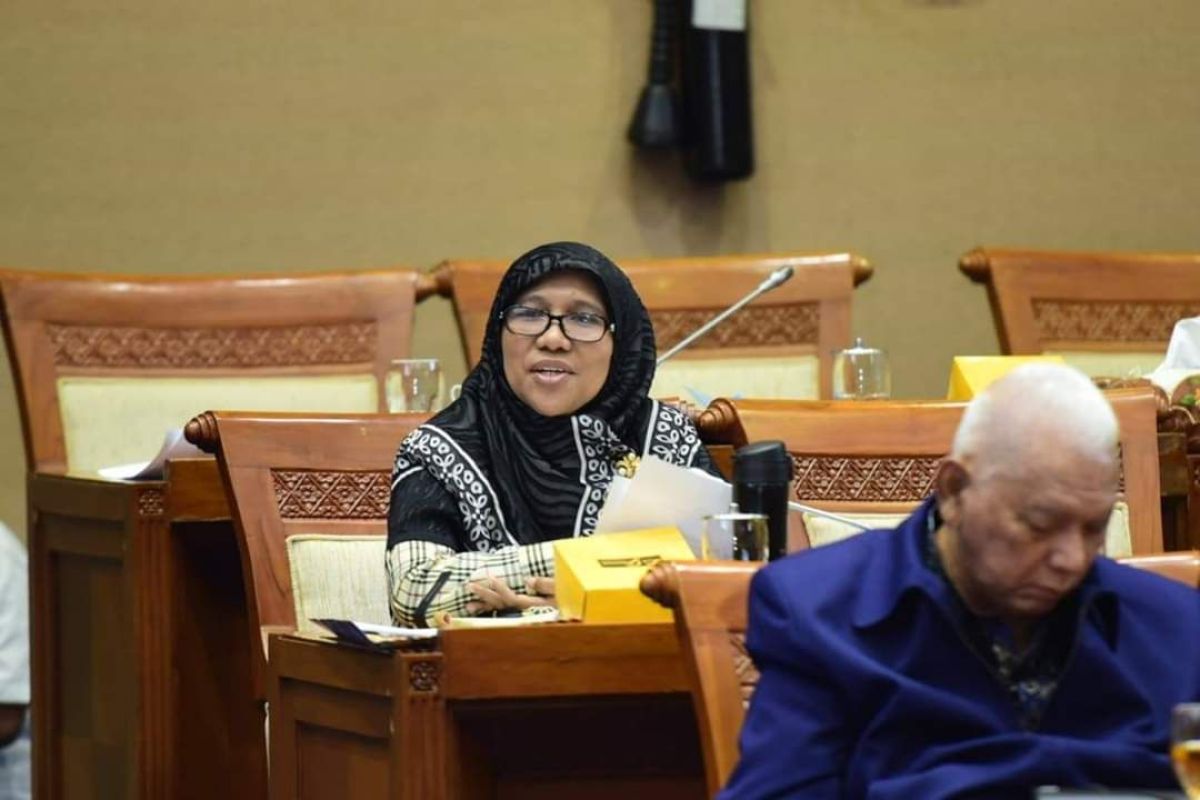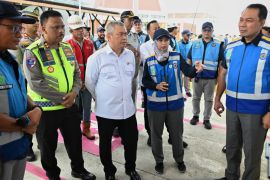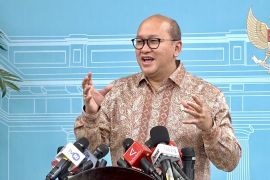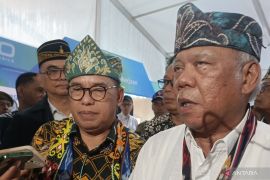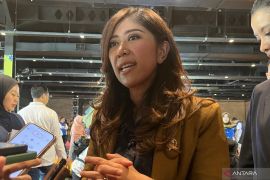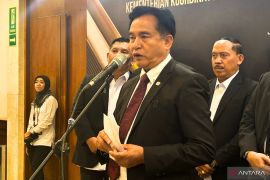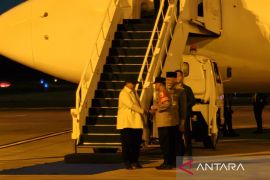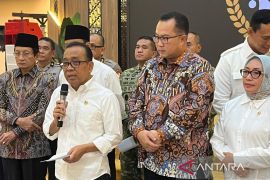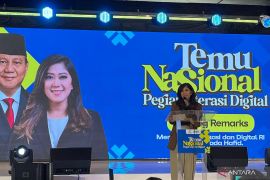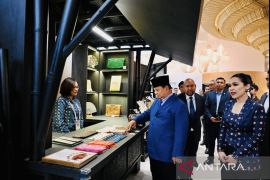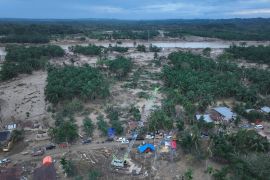"The government must determine the allowable carbon emission limit, so that the implementation of carbon tax will not burden majority of the people," she noted in a written statement here on Saturday.
She welcomed the imposition of carbon tax as one of the ways to tax goods or activities causing environmental externalities that lead to the emission of greenhouse gases.
Carbon tax is a concept that aligns with sustainable development that the nation aims to achieve within its scope of national development, Uluputty affirmed.
However, in order for the carbon tax to be effective, the policy should target the biggest contributors to greenhouse gas emissions, she noted.
"The biggest emission contributor is the forestry sector, at over 50 percent of the national emissions. Hence, the forestry sector should be the main focus, especially to prevent forest fires," Uluputty expounded.
Related news: Indonesia must devise its own carbon tax law: tax observer
Currently, carbon tax is being discussed by various institutions, right from academicians to DPR.
Earlier, the government had proposed the carbon tax through the Tax Bill Revisions (RUU KUP).
The carbon tax will be applied to lower carbon emissions that have a detrimental impact on the environment, with tax as low as Rp75 per kilogram of carbon dioxide equivalent.
In addition to the carbon tax, the government had established five important sectors for the country’s Nationally Determined Contribution (NDC): Energy, waste, IPPU (industrial process and production use), farming, and forestry.
These sectors are targeted to reduce 29 percent emissions through their own capabilities and up to 41 percent through international support by 2030.
Related news: Economic growth should be based on building climate resilience: IESR
Translator: Razi Rahman, Fadhli R
Editor: Rahmad Nasution
Copyright © ANTARA 2021
